For people with diabetes, controlling blood sugar is always a difficult problem. Some patients share that, despite limiting sweets, they still cannot keep their blood sugar stable after meals.
Besides genetic factors and sedentary lifestyle, unscientific diet, especially mistakes in food choices are common causes that make blood sugar control difficult.
Many people still think that eating a lot of vegetables is good, but in fact, not all vegetables are suitable for diabetics. Patients need to know how to choose the right vegetables with a low glycemic index, low starch content, rich in fiber and compounds that can support insulin activity.
Dr. Tariq Mahmood, Medical Director at Concepto Diagnostics (UK) said: A plant-based diet can support blood sugar control thanks to its ability to reduce systemic inflammation, improve endothelial function and increase insulin sensitivity.
He emphasized that foods of plant origin, if properly selected and combined, can completely support treatment in parallel with medication without causing side effects.
Agreeing with this view, Dr. Deborah Lee from the online pharmacy system Dr. Fox (UK) encourages patients to prioritize vegetables with a low glycemic index, while being rich in flavonoids, polyphenols, vitamins and minerals. These nutrients help reduce glucose absorption after meals and enhance the effectiveness of endogenous insulin.
Below are 7 types of vegetables that should be present in the diet of diabetics as recommended by 2 experts:
Broccoli
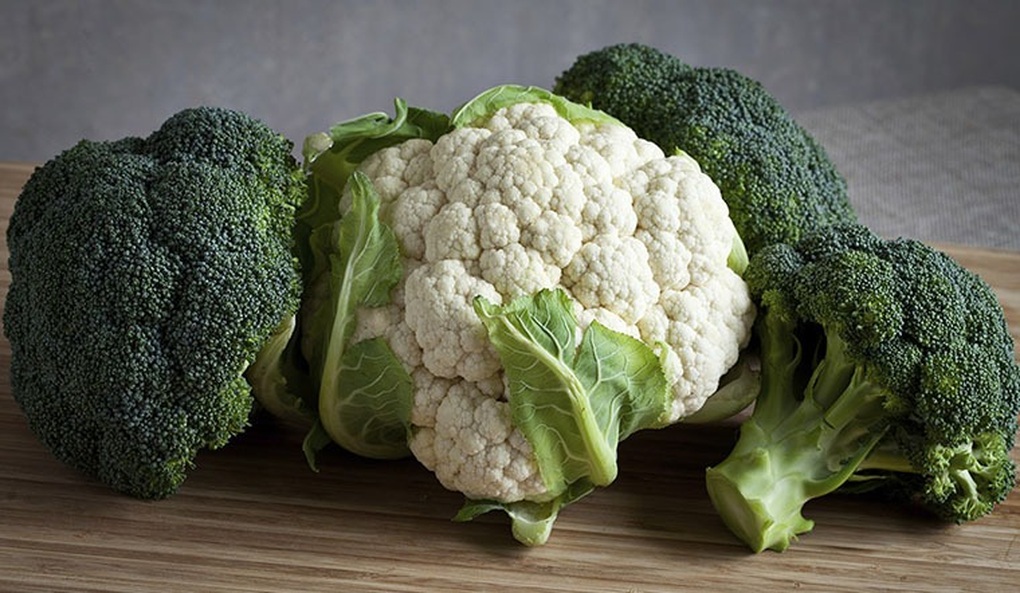
Broccoli is rich in sulforaphane, which helps protect cells and supports blood sugar control (Photo: Getty).
This vegetable is notable for its high content of sulforaphane - a plant compound with powerful antioxidant properties, which helps protect cells from damage caused by oxidative stress, while also improving insulin sensitivity in peripheral tissues.
Many studies have shown that sulforaphane can affect the expression of genes related to glucose production in the liver, thereby contributing to stabilizing blood sugar levels.
In addition, broccoli also provides vitamin K and calcium, supporting strong bones, especially necessary for the elderly at risk of osteoporosis due to diabetes.
Okra

Okra helps slow sugar absorption and supports insulin activity after meals (Photo: Getty).
Not only is okra rich in soluble fiber pectin, which helps slow down sugar absorption in the small intestine, it also contains myricetin - a flavonoid that enhances insulin activity and reduces post-meal plasma glucose.
Okra is also rich in folate and vitamin C, which helps boost immunity and aid pregnant women in controlling gestational diabetes.
Eggplant
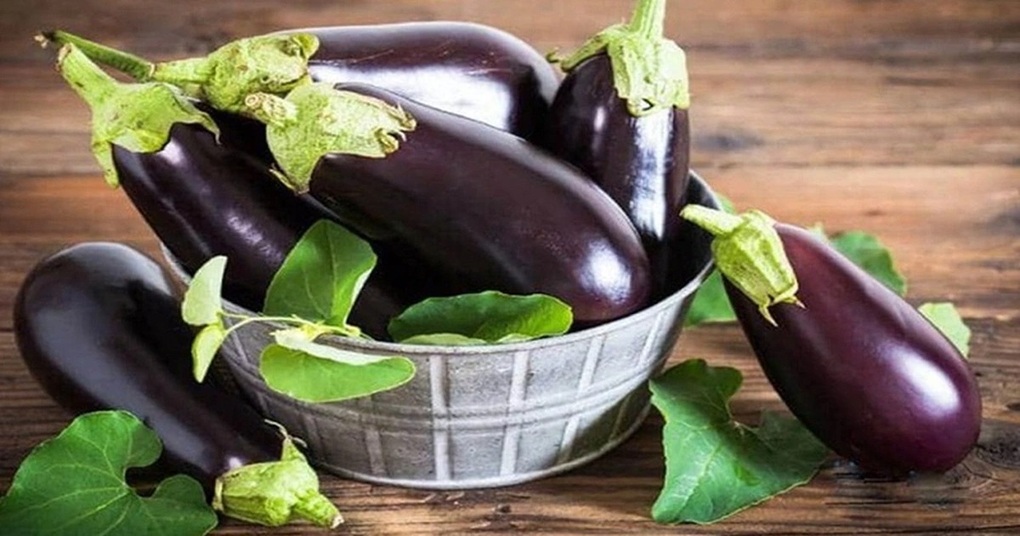
Eggplants contain natural polyphenols that help control blood sugar and fight vascular inflammation (Photo: Getty).
With a variety of polyphenols, especially nasunin and chlorogenic acid, eggplant can inhibit the alpha-glucosidase enzyme - the enzyme that breaks down carbohydrates into glucose. Thanks to that, the amount of sugar absorbed after eating is significantly reduced, helping to prevent blood sugar from spiking.
In addition, antioxidants in eggplant also have anti-inflammatory effects, protecting blood vessels from damage related to diabetic complications.
Celery
This vegetable contains apigenin - a flavonoid that has the ability to enhance vascular endothelial function and reduce inflammation.
For people with type 2 diabetes, cardiovascular complications are a top concern, and celery can play a role in helping control blood pressure thanks to its mild diuretic properties. Celery is also high in fiber and very low in calories, making it an effective weight control food.
Asparagus
Although not popular in Vietnamese family meals, asparagus is highly appreciated by experts because it contains inulin - a prebiotic that nourishes the intestinal microflora.
Microbiome balance is closely linked to glucose metabolism, improved insulin response, and reduced risk of chronic inflammation.
Asparagus is also high in antioxidants and low in starch, making it suitable for people on a carbohydrate-controlled diet.
Salad
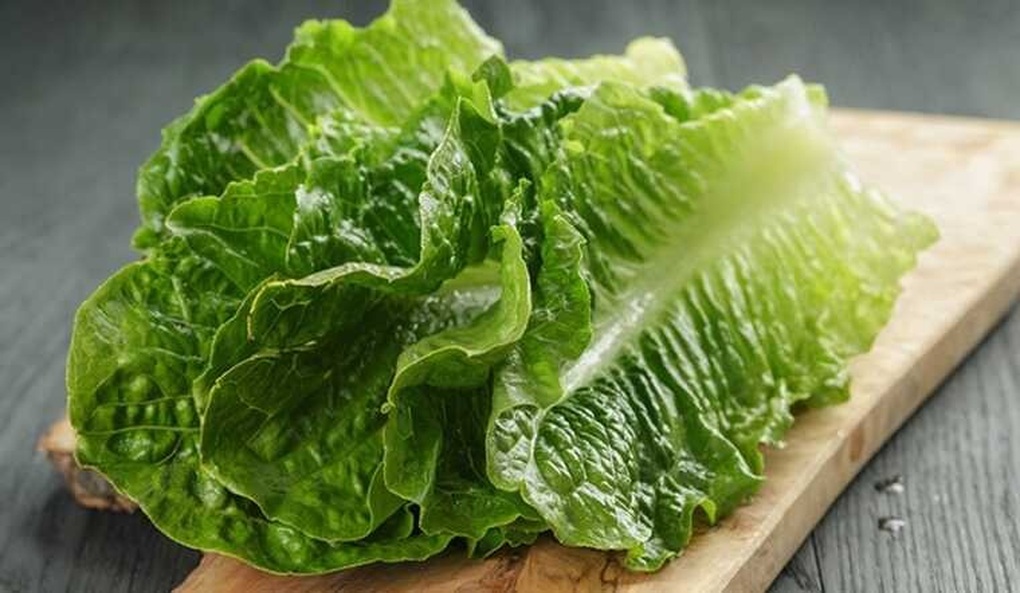
Lettuce has the ability to help control blood pressure and stabilize blood sugar after meals (Photo: Getty).
This is a familiar vegetable in diet menus, but few people know that it is also beneficial for diabetics thanks to its chromium content - a mineral that directly participates in the process of regulating insulin activity.
With its extremely low carbohydrate content, lettuce is an ideal choice for a light dinner without raising blood sugar levels. Not only that, lettuce is also rich in potassium, vitamins A and K, which help regulate blood pressure and support bones.
Bell pepper

Bell peppers are beneficial food for diabetics because they are rich in vitamin C and fiber (Photo: Getty).
Bell peppers are known to be rich in vitamin C and beta-carotene. These are two antioxidants that can protect blood vessels from inflammation and atherosclerosis.
Vitamin C in bell peppers also helps improve endothelial function, slowing the progression of small blood vessel complications such as retinal and kidney disease. In addition, fiber in bell peppers also helps slow sugar absorption, supporting post-meal blood sugar control.
According to experts, the above vegetables are not only beneficial for people being treated for diabetes but also suitable for people at high risk such as obesity, high blood pressure or a family history of the disease.
Although it cannot replace medication, if vegetables are properly combined in the daily diet, patients can significantly improve blood sugar levels, reduce dependence on medication and prevent many dangerous chronic complications.
Source: https://dantri.com.vn/suc-khoe/7-loai-rau-quen-thuoc-la-may-loc-duong-tu-nhien-khong-phai-ai-cung-biet-20250912231212498.htm



![[Photo] Solemn opening of the 8th Congress of the Central Public Security Party Committee, term 2025-2030](https://vphoto.vietnam.vn/thumb/1200x675/vietnam/resource/IMAGE/2025/10/4/f3b00fb779f44979809441a4dac5c7df)
![[Photo] Bustling Mid-Autumn Festival at the Museum of Ethnology](https://vphoto.vietnam.vn/thumb/1200x675/vietnam/resource/IMAGE/2025/10/4/da8d5927734d4ca58e3eced14bc435a3)

![[Photo] General Secretary To Lam attends the 8th Congress of the Central Public Security Party Committee](https://vphoto.vietnam.vn/thumb/1200x675/vietnam/resource/IMAGE/2025/10/4/79fadf490f674dc483794f2d955f6045)

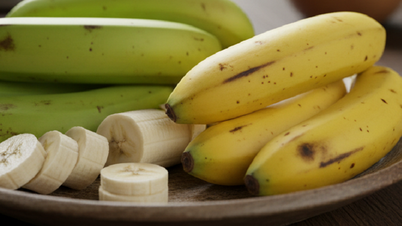

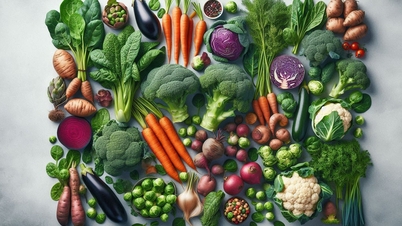


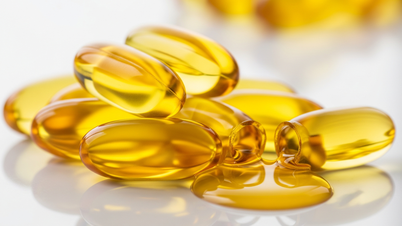
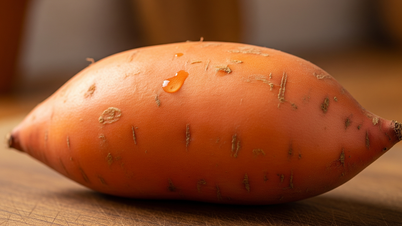
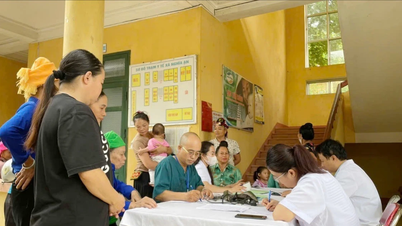





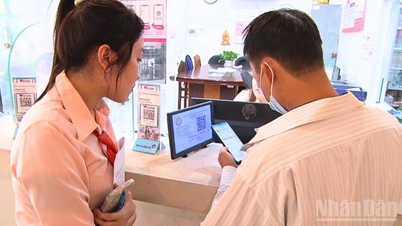




































![[VIDEO] Summary of Petrovietnam's 50th Anniversary Ceremony](https://vphoto.vietnam.vn/thumb/402x226/vietnam/resource/IMAGE/2025/10/4/abe133bdb8114793a16d4fe3e5bd0f12)

![[VIDEO] GENERAL SECRETARY TO LAM AWARDS PETROVIETNAM 8 GOLDEN WORDS: "PIONEER - EXCELLENT - SUSTAINABLE - GLOBAL"](https://vphoto.vietnam.vn/thumb/402x226/vietnam/resource/IMAGE/2025/7/23/c2fdb48863e846cfa9fb8e6ea9cf44e7)























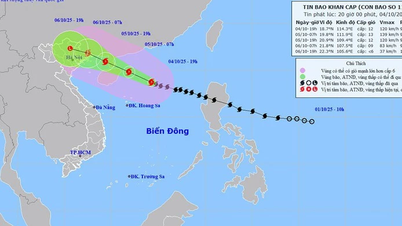











Comment (0)